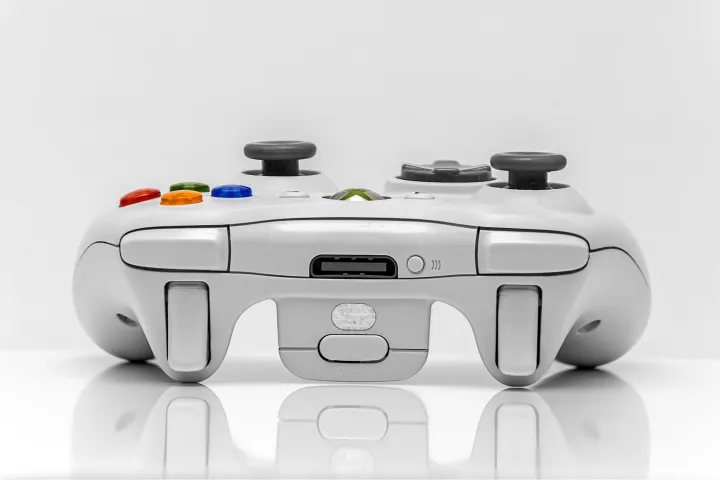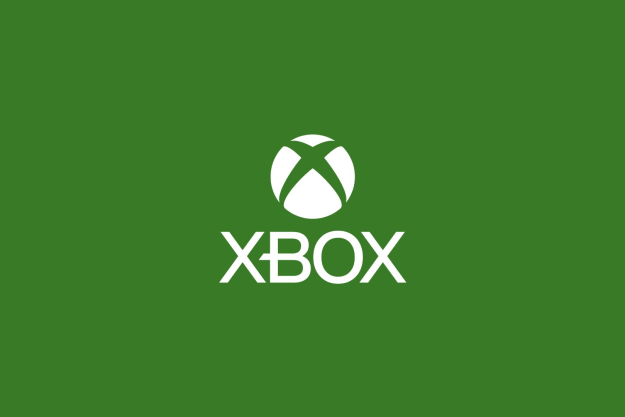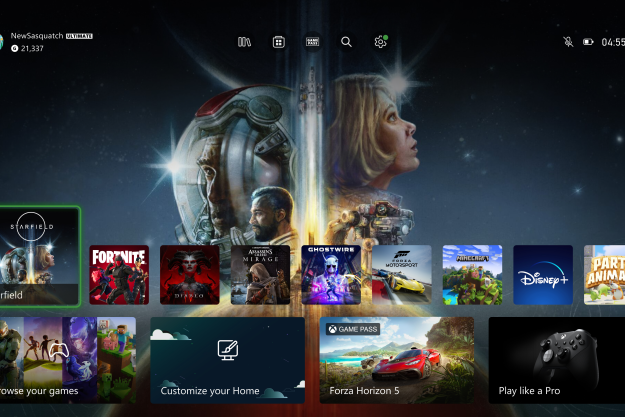
Yesterday, Xbox head Phil Spencer was responding to queries on Twitter when he was asked whether backward compatibility for Xbox 360 games was ever likely to make its way to Windows 10. He responded with a realistic assessment of the work involved, but indicated that such a project wasn’t outside the realm of possibility.
Spencer stated that the difficult part of bringing Xbox 360 backward compatibility to Windows 10 would be the wide range of different hardware set-ups implemented by users. The Xbox One is a standardized system, meaning that engineers know what kind of horsepower they have to play with, but PCs can vary wildly from one build to another.
Games added to the Xbox One’s library of compatible Xbox 360 titles are tested extensively to ensure that the experience is just as good on newer hardware as it was in the past. As a result, players can expect a certain standard of performance, and Microsoft wouldn’t be able to offer that standard consistently on such a broad range of hardware.
Having stated the reasons why backward compatibility was unlikely to make its way to Windows 10, Spencer offered a hint of encouragement, according to a report from Gamespot. He said “never say never,” indicating that this long shot project might yet come to fruition, even if the chances are slim.
Offering up even a portion of the formidable Xbox 360 library could be a boost to Microsoft’s ongoing effort to carve out its own slice of the PC gaming market. However, management will no doubt want to consider whether the resources necessary to implement backward compatibility on Windows 10 could be better spent elsewhere.
Editors' Recommendations
- Windows 11 tips and tricks: 8 hidden settings you need to try
- Microsoft plans to charge for Windows 10 updates in the future
- The best Windows apps for 2023
- The best Windows 10 keyboard shortcuts
- Rebuild your own nostalgia with this detailed Xbox 360 toy set


